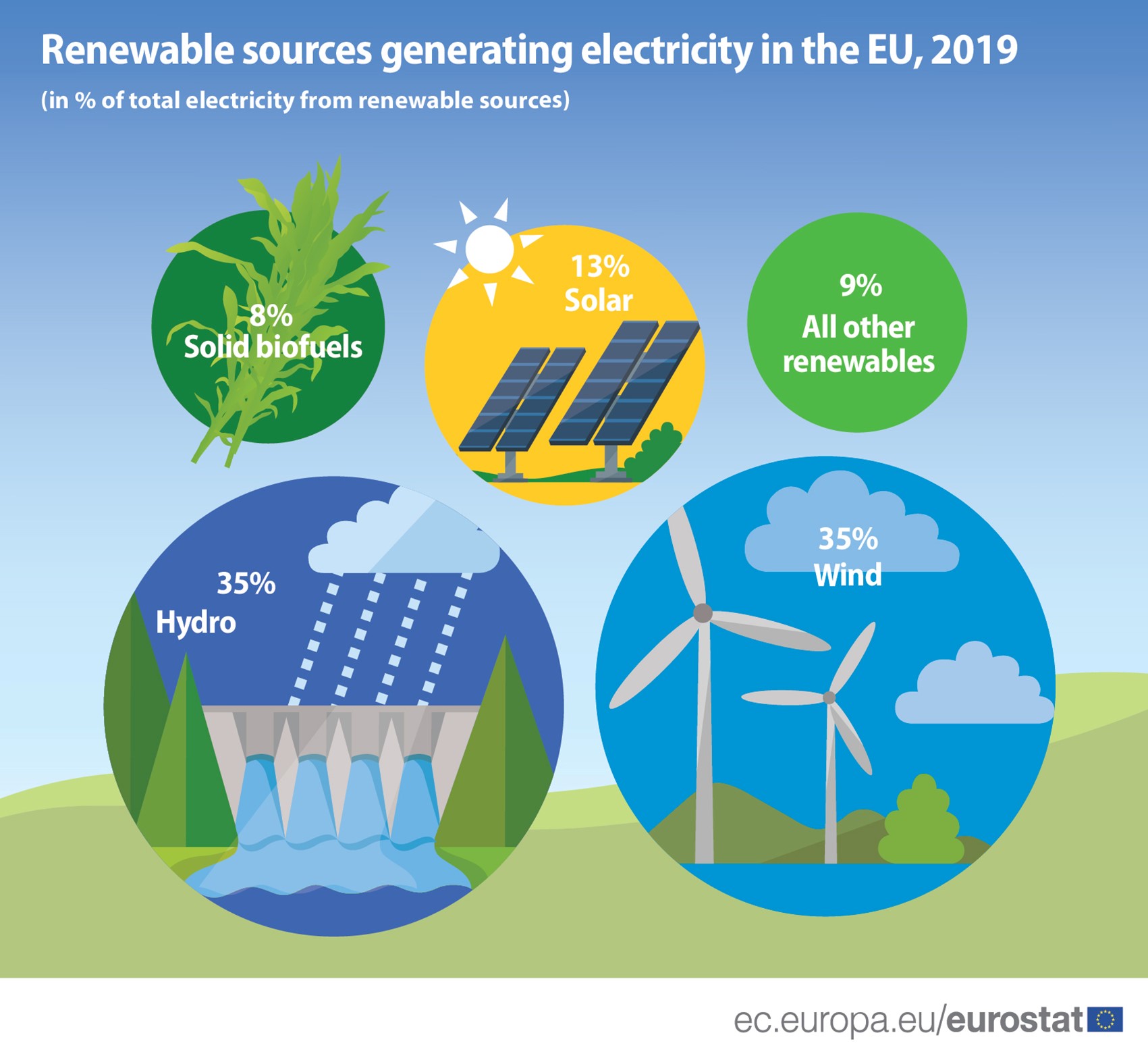The national conversation has reignited on the state of critical infrastructure, with electricity and water systems taking center stage. Policymakers are reexamining strategies to ensure reliable access to these essential services, following a period where concerns about aging infrastructure and resource management have risen.
The renewed emphasis comes amidst a backdrop of growing populations and intensifying weather patterns, placing strain on existing systems. Experts warn of potential disruptions if investments in upgrades and modernization aren't prioritized.
"Our electricity grid and water treatment facilities were built for a different era," stated Dr. Amelia Banerjee, a leading infrastructure engineer. "While they've served us well for decades, we need to adapt to meet the demands of the 21st century."
The call to action extends beyond simply maintaining current infrastructure. Sustainable practices and advancements in renewable energy are also key considerations. Integrating renewable sources like solar and wind power alongside traditional methods will bolster grid resilience and reduce dependence on fossil fuels. Similarly, water conservation initiatives and improved leak detection technology can optimize precious water resources.
The financial aspect is a major hurdle. Modernizing infrastructure is a costly endeavor, requiring a collaborative effort between the public and private sectors. Public-private partnerships could leverage expertise and funding streams to expedite critical projects. Additionally, exploring innovative financing models, such as green bonds, could attract investors seeking sustainable infrastructure solutions.
On the policy front, streamlining regulations and permitting processes could expedite project timelines. Currently, lengthy bureaucratic hurdles can delay construction and hinder progress. Additionally, establishing national infrastructure standards could ensure consistency and quality across the country.
The issue of affordability is also paramount. Upgrading infrastructure often translates to higher costs for consumers. However, policymakers are exploring ways to mitigate this impact. Grant programs, tax breaks, and targeted assistance for low-income households could ensure equitable access to reliable electricity and water.
The renewed national focus on electricity and water infrastructure presents an opportunity for a comprehensive overhaul. By prioritizing strategic investments, embracing sustainable practices, and fostering collaboration, policymakers can ensure a future where these essential services remain a constant, not a concern.

